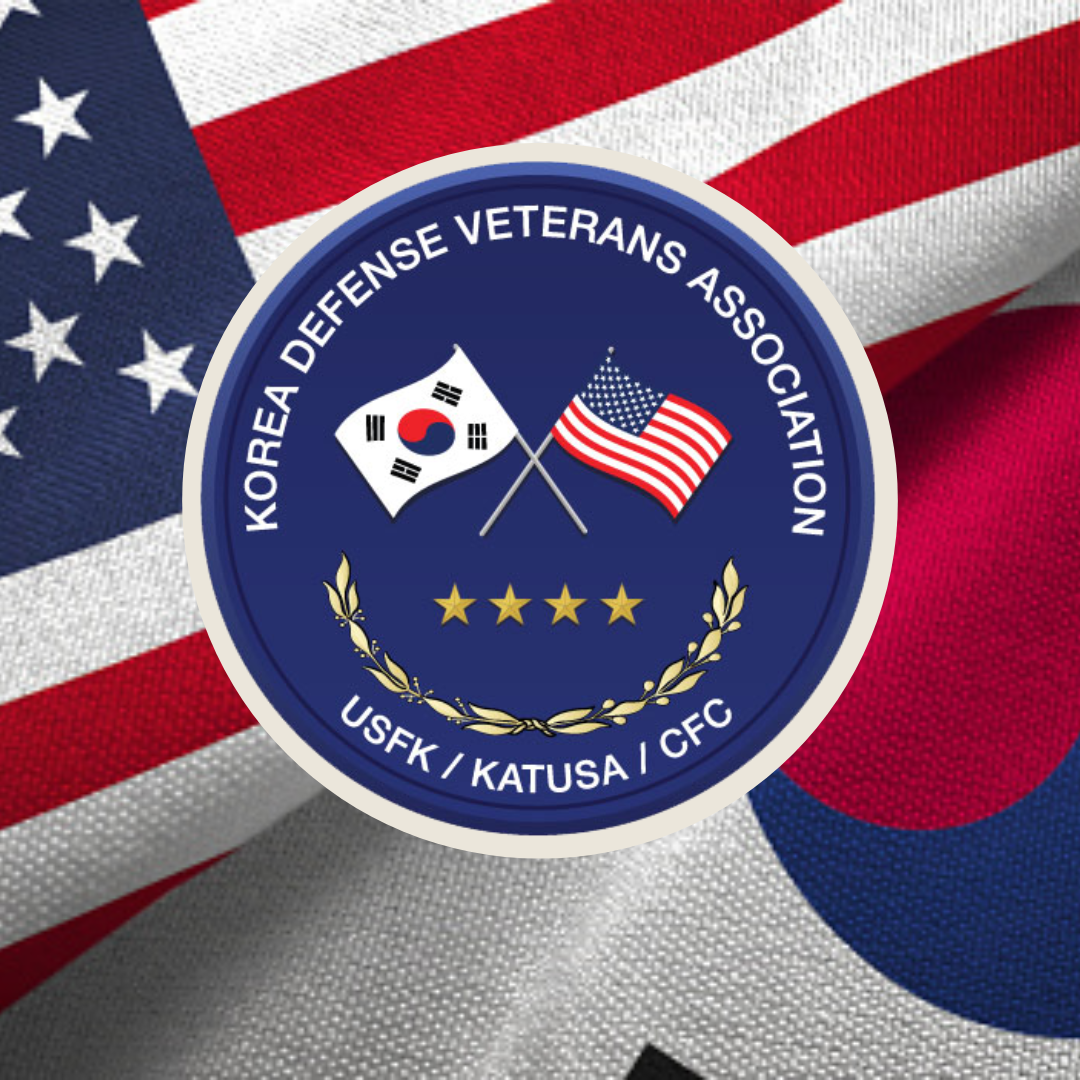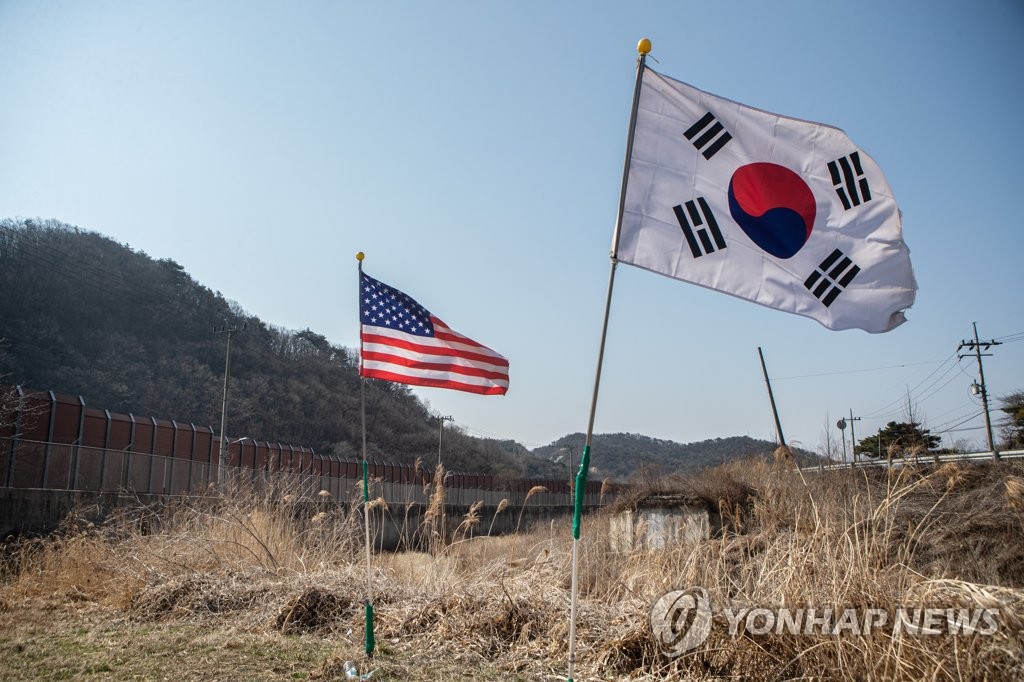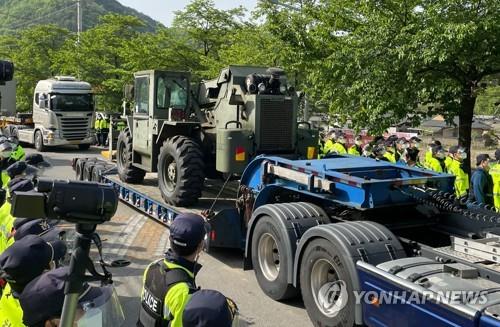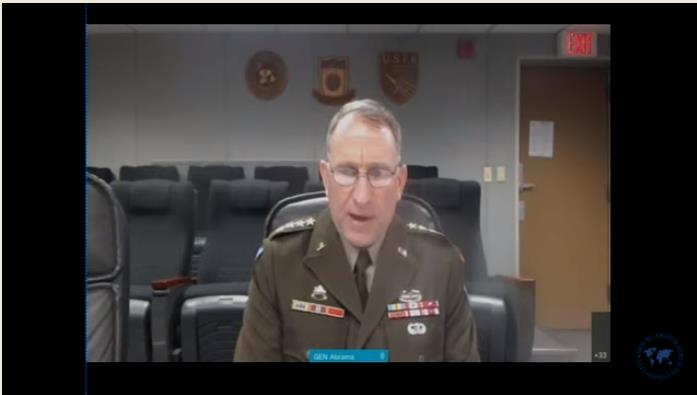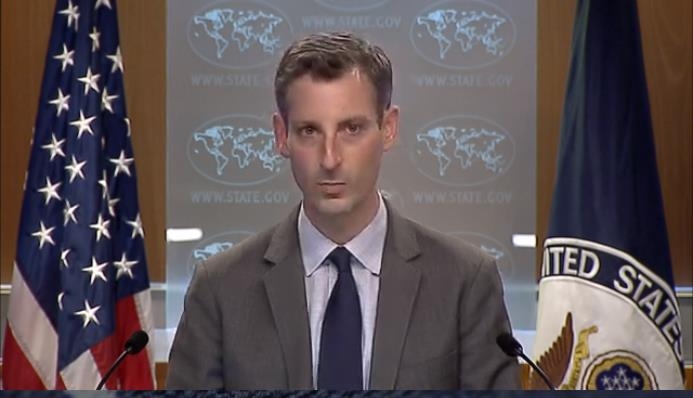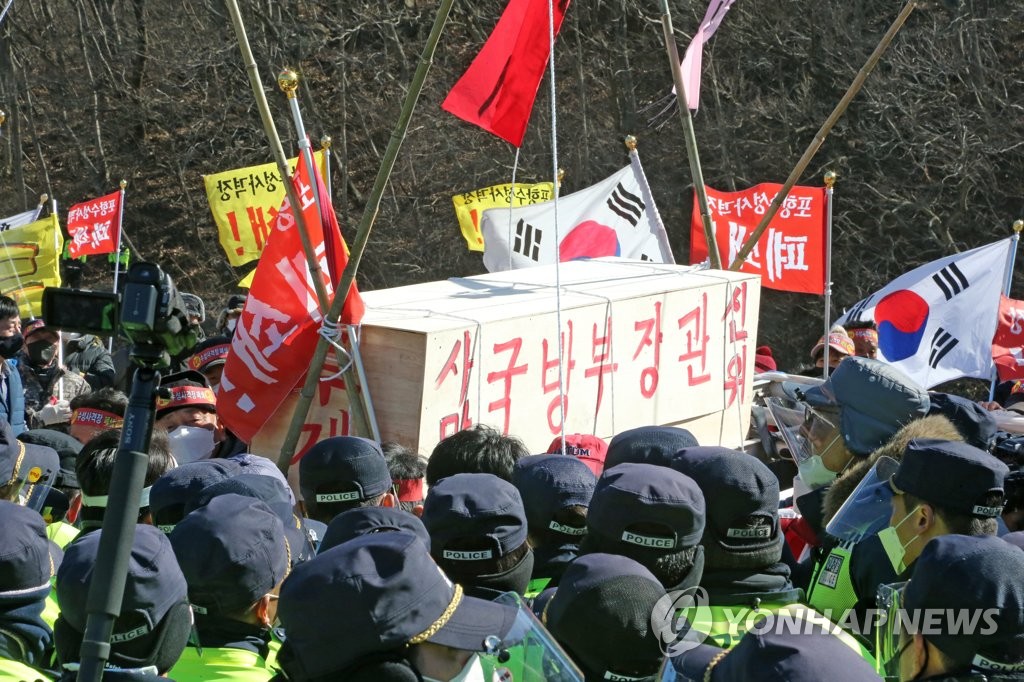Download Full Article: Hudson Institute_Yoo Jin Bae_Improving US-ROK-Japan Trilateral Cooperation in the Era of U.S.-China Competition
By Yoo Jin Bae
Executive Summary
This paper analyzes why U.S.-ROK-Japan trilateral cooperation is essential considering intensifying U.S.-China strategic competition and what can be done to improve the trilateral ties and cooperation.
Main Argument
As a bipartisan policy community within the United States seeks to curb China’s expansionist policy and increasing assertiveness, the U.S.-China rivalry is becoming a serious, long-term competition. Under these circumstances, uncertainties and risks are rising in the regional security environment and U.S.-ROK-Japan trilateral cooperation to cope with these regional challenges has become even more important. However, the exacerbation in South Korea-Japan relations and the differences in dealing with China are hindering the deepening of trilateral cooperation. The following cooperative efforts are needed to manage common threats and interests, repair South Korea-Japan relations, and overcome the differences regarding China.
Policy Recommendations
• Pursuing diplomatic and security cooperation to deal with common security threats in and around the Korean Peninsula, Taiwan Strait, and the South China Sea. This may include efforts like (1) the expansion of U.S.-ROK, U.S.-Japan, and U.S.-ROK-Japan joint military exercises, (2) detailed contingency planning, and (3) release of joint statements to discourage violation of international norms, rules, and principles.
• Combining U.S.-South Korea and U.S.-Japan bilateral cooperation for developing high technology in fields like 5G networks, AI, biotechnology, and quantum technology. This should include not only joint development of technology, but also the creation of an institution to promote cooperation and endeavor to prevent attempts to steal technology.
• Comprehensive efforts to promote mutual understanding, build trust, and coordinate policy between Seoul and Tokyo. This may include resuming shuttle diplomacy, conducting seminars and events featuring the history of pre-1945 animosity as well as post-1965 cooperation, encouraging cultural and human exchanges, and institutionalizing a U.S.-ROK-Japan trilateral mechanism to prevent escalation of conflicts and use of coercive diplomacy.
• Endeavors to reduce differences over China like having in-depth discussions regarding China and its strategy and tactics, and joint efforts to be prepared for China’s possible attempts to drive a wedge into the trilateral ties.
Table of Contents
I. Introduction
II. Why Trilateral Cooperation Matters in the Era of Intensifying U.S.-China
Competition
1. The Rise of China and Its Growing Assertiveness
2. Changes in the U.S. Policy Toward China and Intensifying U.S.
China Rivalry
3. Growing Need for U.S.-ROK-Japan Trilateral Cooperation under
U.S. China Competition
III. Challenges of U.S.-ROK-Japan Trilateral Cooperation
1. Deterioration of South Korea-Japan Relations
2. Gaps in Perceptions and Stance Toward China
IV. Policy Recommendations: Ways to Improve the Trilateral Cooperation
1. Pursuing and Expanding Trilateral Cooperation Based on
Commonalities
2. Reducing Differences and Dissonance
Bibliography
I. Introduction
Since President Biden’s inauguration in January 2021, the Biden administration has constantly highlighted the importance of strengthening relationships with U.S. allies and partners. In particular, the administration has demonstrated great enthusiasm for the trilateral cooperation among the United States, South Korea, and Japan.
The two U.S. allies, South Korea and Japan, also agreed with the United States on the necessity of trilateral cooperation. On April 2, national security advisors from the three countries gathered together at the United States Naval Academy and “reaffirmed their steadfast commitment to working together to protect and advance their shared security goals,” after discussing the United States’ review of North Korea policy and “issues of common concerns including Indo Pacific security.”1 Then, on April 16, along with mentioning the significance of the Quad and support for “ASEAN’s unity and centrality” in the Indo Pacific, the leaders of the United States and Japan “concurred that trilateral cooperation with the Republic of Korea is essential to our shared security and prosperity.”2 About a month later, on May 21, the leaders of the United States and South Korea emphasized “the fundamental importance of U.S.-ROK-Japan trilateral cooperation for addressing the DPRK, protecting our shared security and prosperity, upholding common values, and bolstering the rules-based order.”3 On November 17, the three countries “reaffirmed that trilateral cooperation between the United States, the Republic of Korea, and Japan is essential to tackling the most pressing challenges of the 21st Century in the region and across the globe,” and they highlighted “the importance of cooperation in the Indo-Pacific region, including through multilateral partnerships that advance our shared prosperity, security, and values” and “the centrality of ASEAN to the architecture of the Indo- Pacific and the critical role” it plays in protecting the rules-based international order.4
Notably, the three countries promised to broaden and expand the regional scope and fields of cooperation for U.S.-ROK-Japan trilateral cooperation, which have over the past three decades focused mainly on tackling the North Korean nuclear threat. However, despite these continued declarations, trilateral cooperation remains under-developed. Notwithstanding South Korea and Japan’s agreement on the so-called “comfort women” issue in December 2015 and the conclusion of a General Security of Military Information Agreement (GSOMIA) in November 2016, trilateral cooperation has barely made any progress in recent years.
This paper will discuss why U.S.-ROK-Japan trilateral cooperation matters and ways to improve it. First, it analyzes recent U.S.-China competition to explain the context for why strengthening trilateral cooperation has become so important. Then the paper delves into what hinders the strengthening of trilateral cooperation. Finally, the essay discusses measures the three countries should take to enhance trilateral cooperation.
Editor’s Note: The complete article is posted in the KDVA Digital Library at: https://kdva.vet/digital-library/.
1 The White House. United States-Japan-Republic of Korea Trilateral National Security Advisors’ Press Statement. April 2, 2021, https://www.whitehouse.gov/briefing-room/statements-releases/2021/04/02/united-states-japan-republic-of-korea-trilateral-national-security-advisors-press-statement/ (accessed June 15, 2021)
2 The White House. U.S.-Japan Joint Leaders’ Statement: “U.S.-JAPAN GLOBAL PARTNERSHIP FOR A NEW ERA” April 16, 2021, https://www.whitehouse.gov/briefing-room/statements-releases/2021/04/16/u-s-japan-joint-leaders-statement-u-s-japan-global-partnership-for-a-new-era/ (accessed June 2, 2021)
3 The White House. U.S.-ROK Leaders’ Joint Statement. May 21, 2021, https://www.whitehouse.gov/briefing-room/statements-releases/2021/05/21/u-s-rok-leaders-joint-statement/ (accessed June 2, 2021)

